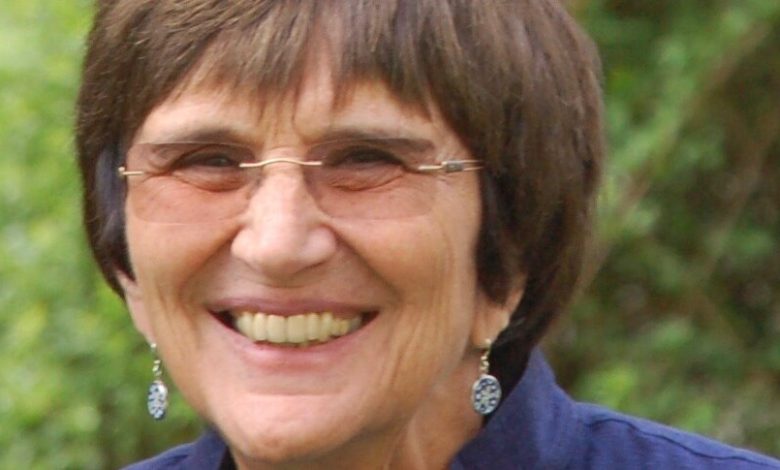Sandra Trehub, Pioneer in the Psychology of Music, Dies at 84

Sandra Trehub, a psychologist and researcher whose work helped illuminate how children perceive sound, and how lullabies and music fit into their cognitive and social development, died on Jan. 20 at her home in Toronto. She was 84.
The death was confirmed by her son Andrew Cohen.
Over a half-century as a psychologist at the University of Toronto, where she began working in 1973, Dr. Trehub produced seminal work in the field that is now known as the psychology of music.
“Back then, there were very few people in psychology and neuroscience who were studying music at all as a human behavior,” Laurel Trainor, a psychologist at McMaster University in Hamilton, Ontario, said in a phone interview. “Sandra said, look, music is universal, we spend a lot of time and energy on music — what is its purpose? Why do we do this?”
Dr. Trehub’s research found that there are indeed universally shared responses to music among infants, beginning with sing-song-y baby talk by parents across different cultures.
She found that infants prefer certain melodic intervals over others and can grasp the contour and shape of a lullaby. She further established that infants and toddlers can — better than adults — notice differences in some elements of music from other countries and cultures, both tonal and rhythmic. That finding suggested that as people get older, their ability to distinguish discrepancies in unfamiliar music decreases while their ability to notice nuance in familiar music increases.
“Sandra was the first psychologist to study musical abilities for their own sake in infants,” Isabelle Peretz, a neuroscientist at the University of Montreal, wrote in an email. Before Dr. Trehub, she added, many researchers thought “that musicality was a pure cultural product which was acquired and possessed by a few select people: the musicians.”
It is now widely accepted that music is an important developmental tool for everyone, starting in infancy, and that musical fluency among parents can deeply affect their children’s long-term health and mental development.
“Her work helps to legitimize early childhood music education, which basically didn’t exist before the 1980s,” Samuel Mehr, a psychologist at the University of Auckland in New Zealand and director of the Music Lab at Haskins Laboratories, Yale University, said by email.
Dr. Trehub’s findings might seem intuitive or even obvious now, he added, but that only highlights the importance of her work. “Every bit of research in the psychology of music over the past 40 years can be traced back to Sandra Trehub,” he said.
Sandra Edythe Trehub was born on May 21, 1938, in Montreal. She earned her bachelor’s degree in economics at McGill University in Montreal in 1959 and her master’s in psychology there in 1971.
After completing her doctorate, also at McGill, she began her career as an assistant professor of psychology at the University of Toronto. Some of her




